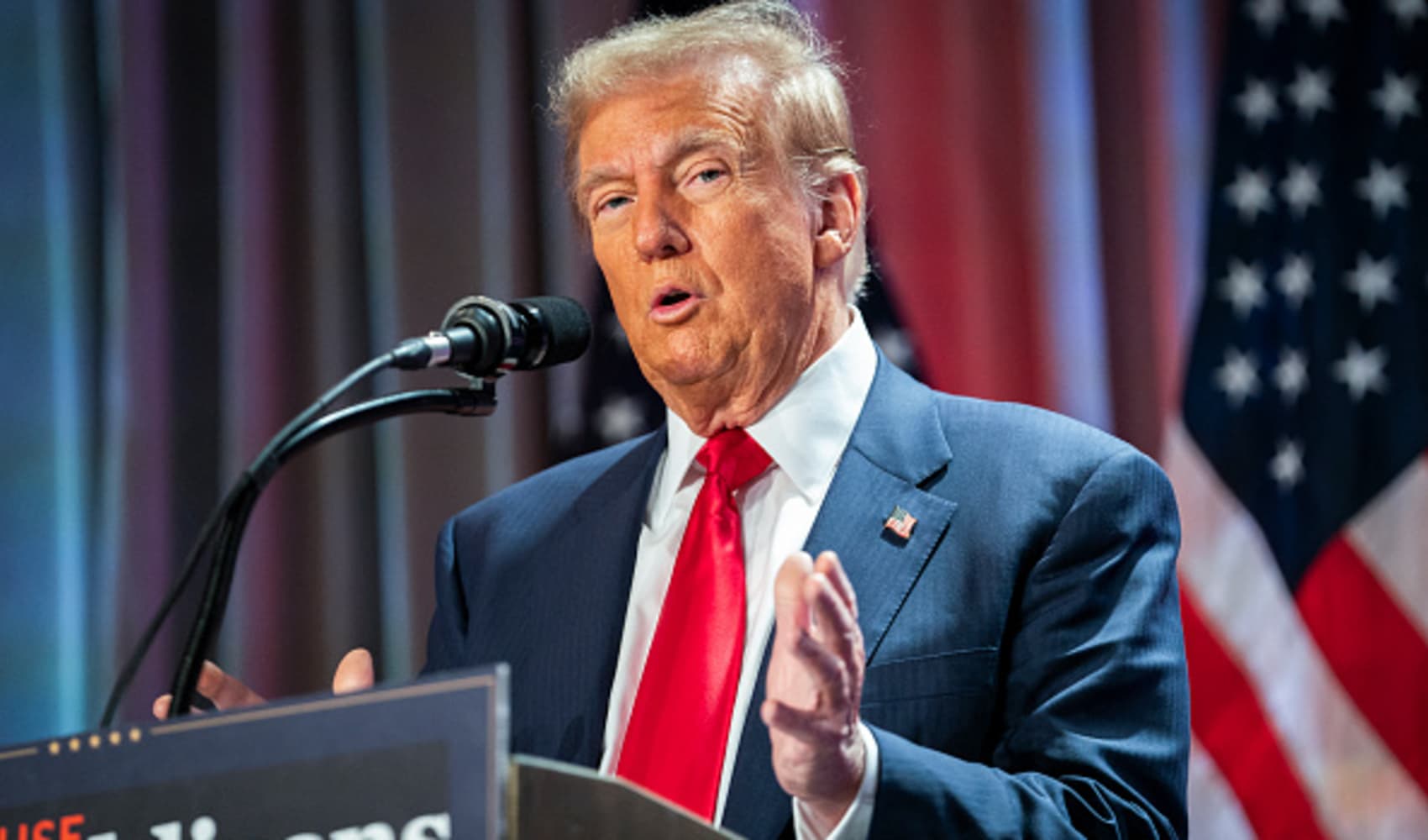
- Russia conducted malign influence operations in the 2022 U.S. midterm elections, the U.S. intelligence community said in a new report.
- Moscow will also work to "strengthen ties" to Americans in media and politics as it works to carry out "future influence operations," the Office of the Director of National Intelligence said.
- The agency's warning about Russian election meddling was starker and more certain than in its previous annual assessment.
Russia conducted malign influence operations in the 2022 U.S. midterm elections and is using increasingly clandestine means to "penetrate the Western information environment," the U.S. intelligence community said in a new report Wednesday.
Moscow will also work to "strengthen ties" to Americans in media and politics as it works to carry out "future influence operations," the Office of the Director of National Intelligence said in the latest edition of its annual assessment of worldwide threats to U.S. national security.
The 2023 report came four months after the most recent midterm elections, where concerns about Russian influence efforts were more muted in comparison with the two previous presidential election cycles in 2016 and 2020.
Get top local stories in Southern California delivered to you every morning. Sign up for NBC LA's News Headlines newsletter.
The intelligence community found that Russian President Vladimir Putin ordered an influence campaign in the 2016 election with a "clear preference" for then-candidate Donald Trump, who would go on to win that race.
Trump — who during that campaign had called on Russia to find his then-rival Hillary Clinton's emails — later questioned whether Russia interfered in the 2016 election. During a meeting with Putin in 2018, Trump indicated that he believed the Russian leader's claim that the Kremlin did not meddle in the 2016 race — essentially siding with Putin's stance over his own intelligence community's assessment. Trump later backtracked on those remarks.
Ahead of last November's midterms, researchers reportedly identified Russian efforts to interfere by using social media accounts posing as Americans to stoke partisan anger and undermine trust in the electoral process. The FBI and the Department of Justice's cybersecurity agency had warned ahead of the midterms that foreign actors were likely to try and spread disinformation before and after Election Day.
Money Report
The office, which oversees the nation's 18 intelligence agencies, added that this latest warning about Russian election meddling was starker and more certain than in its previous report.
In 2022, for instance, the office determined that Russia "almost certainly" sees U.S. elections as opportunities for malign influence to influence its foreign policy goals. Moscow will also "probably" try to cultivate relationships with U.S. figures in politics and the media "in hopes of developing vectors for future influence operations," it said at that time.
In the 2023 edition, the agency dropped the words "almost certainly" and "probably" from its assessment.
The report added, "Russia's influence actors have adapted their efforts to increasingly hide their hand," using a "vast ecosystem of Russian proxy websites, individuals, and organizations that appear to be independent news sources."
Through creating original content or seizing on preexisting divisive discourse, Moscow "intensifies that content to further penetrate the Western information environment," according to the assessment. "These activities can include disseminating false content and amplifying information perceived as beneficial to Russian influence efforts or conspiracy theories."
Russia's already-tense relations with the U.S. and other Western powers have been hugely strained by the country's invasion of Ukraine. The intelligence community warned in its threat assessment that Russia, which holds the world's largest stockpile of nuclear weapons, is continuing to develop long-range nuclear-capable missiles.






